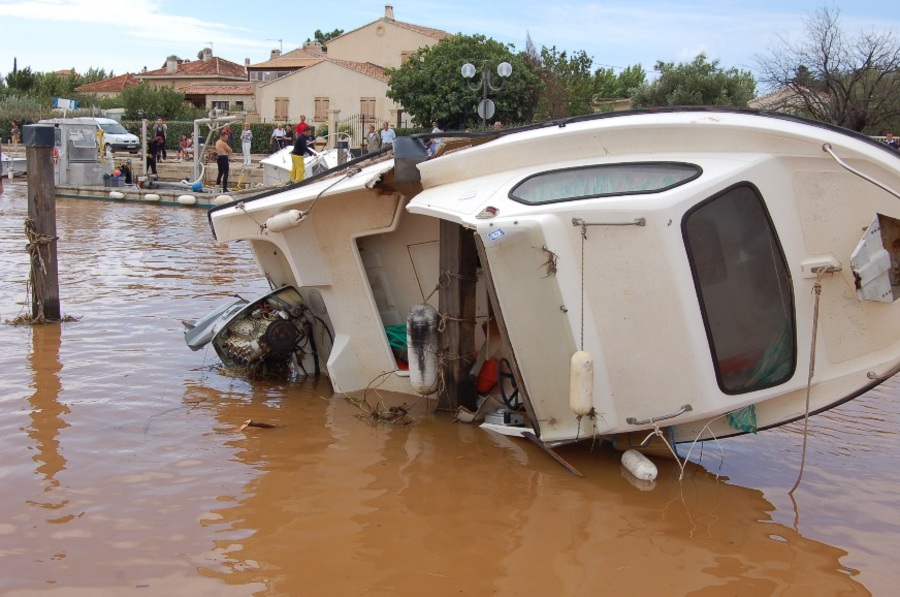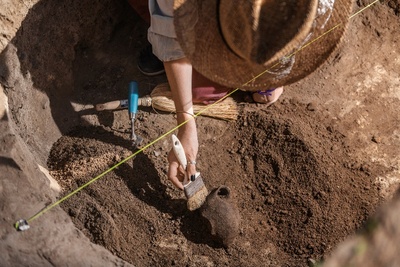
Residents of disaster-stricken regions
- Add to favouritesResidents of disaster-stricken regions
- Download

Are you one of the 11 million Europeans who live near an active volcano? Or perhaps you live in an area at high risk of an earthquake? Even for those living away from obvious sources of disruption, recent extreme heat events have shown us that nobody is safe from natural disaster. As climate change continues, flooding, fire and drought will become even more common.
When disaster strikes, victims need immediate relief and long-term reconstruction support. The EU is here to help.
Through its civil protection mechanism, the EU coordinates voluntary offers of in-kind aid and rescue team deployment in the immediate aftermath of disaster. The mechanism has been activated more than 650 times since 2001. The EU's Emergency Response Coordination Centre acts as a 24/7 contact point. Faced with a disaster or attack, an EU country can also invoke the EU 'solidarity clause'. This enables the EU and member countries to act together to assist the affected country by using the civil protection mechanism or other tools, such as those under EU security and defence policy.
Since its creation in 2002, the EU Solidarity Fund to provide relief has been used 127 times, for 107 natural disasters and 20 health emergencies. Over €8 billion was provided to 24 EU countries, the UK, and 3 accession countries to address specific emergencies and natural disasters. For example, the EU funded the emergency and recovery effort following devastating floods in Austria, Belgium and elsewhere in 2021. The EU has an €1.2 billion annual budget to fund disaster relief.
- Further information
EPRS publication on the EU Solidarity Fund, https://www.europarl.europa.eu/thinktank/en/document/EPRS_BRI(2021)696193
European Commission website on the EU civil protection mechanism, http://ec.europa.eu/echo/what/civil-protection/mechanism_en
European Commission website on the EU Solidarity Fund, https://ec.europa.eu/regional_policy/en/funding/solidarity-fund/
EPRS | European Parliamentary Research Service: https://epthinktank.eu

























